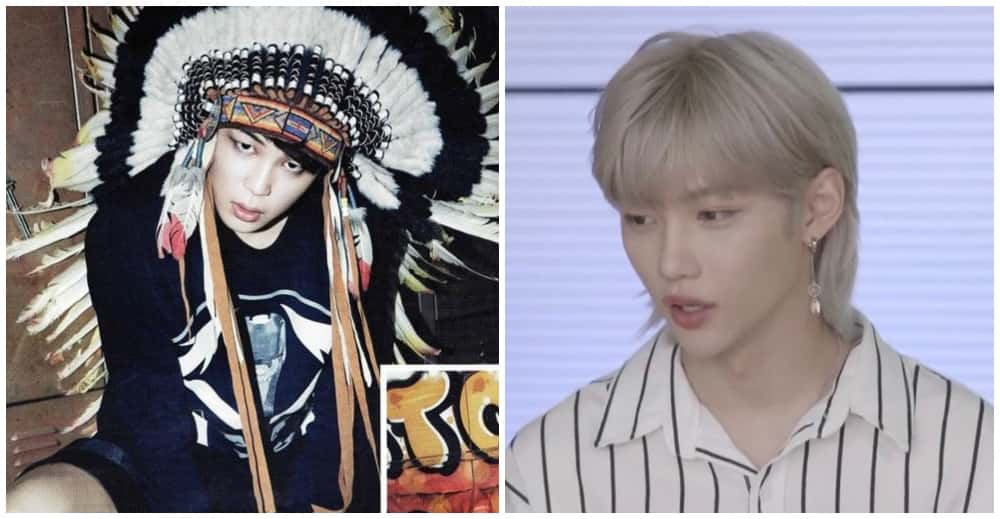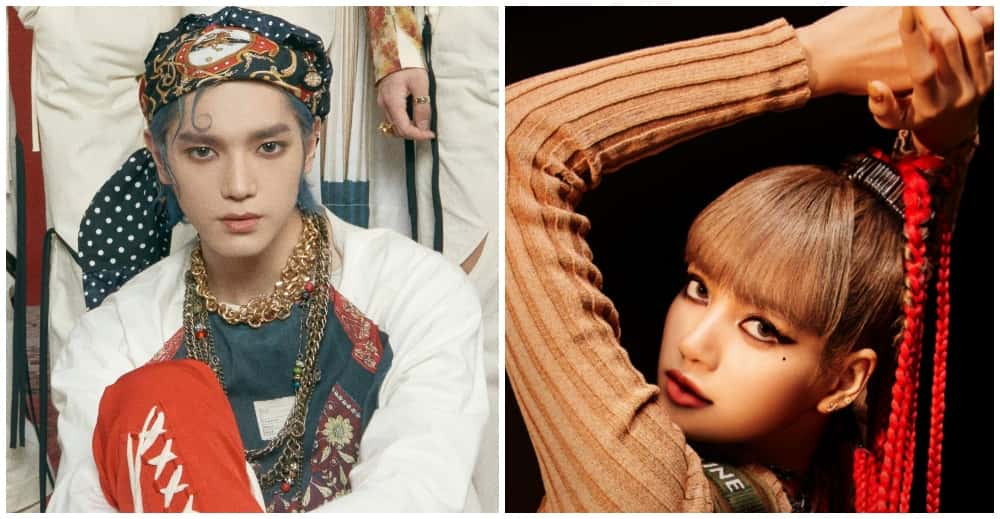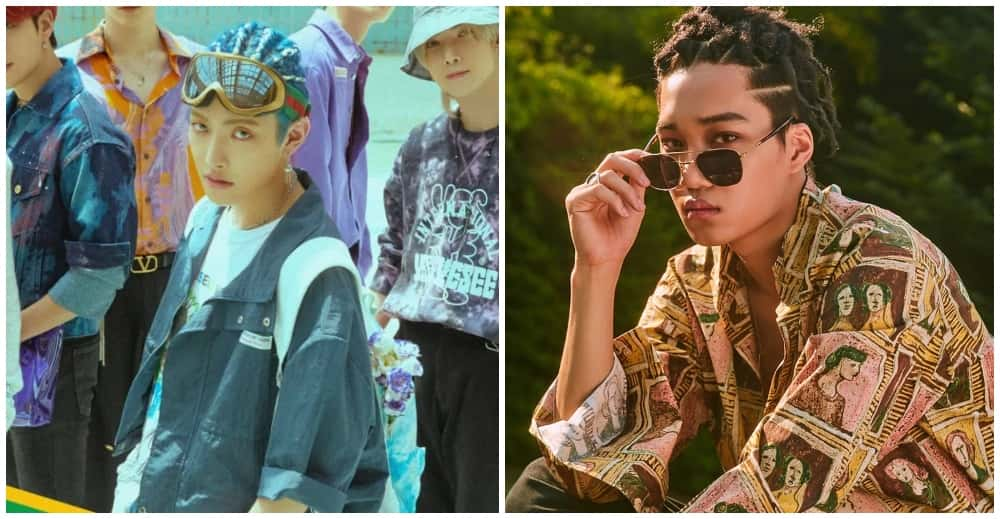After Blackpink and Ateez, expert reveals why K-pop idols don't care for cultural appropriation

With K-pop being influenced by several cultures including South Korea’s pop culture, there are instances when idols end up participating in cultural appropriation or making racist remarks. Whether this is done out of ignorance or apathy, fans have time and again tried to educate the idols but to no avail, as this is a recurring phenomenon. Within hours, both Blackpink’s Jennie and Ateez’s Yunho were called out by fans on July 17. While Jennie sported cornrows for her character in HBO’s ‘The Idol’, Yunho ignorantly compared a pirate’s costume as the perfect outfit for playing ‘Indian Poker’.
There have been numerous instances of idols saying the N-word, wearing cornrows, mocking cultural dances or using religious items as props or jewelry. This has ranged from Korean-born idols like EXO’s Kai, Ateez’s Hongjoong, Enhypen’s Heeseung, BTS and IVE to foreign-raised idols who are aware of racism like Jay Park, Blackpink, aespa’s Giselle among others. In fact, just months before Jennie’s stylistic choice, member Lisa apologized for wearing box braids in ‘Money’. And while fans try to explain that they are not angry but simply want to let the idols know why it is offensive, cultural appropriation and racist remarks continue.
ALSO READ
Who is Demi Minor? Trans woman who impregnated 2 inmates in women's prison moved to MALE facility
'Our jaws dropped': BBC has shocking pic of Prince Andrew that could SHAKE the monarchy if revealed

Expert reveals lack of interest as root cause
Following the constant incidents, cultural studies professor Lee Gyu-tag revealed why cultural appropriation continues and how it is related to the K-pop industry's mindset of furthering their own culture worldwide. The expert shared that there was a thin line between cultural appreciation and appropriation which was often crossed as the music industry often imitated other cultures without understanding its roots or in some cases without showing respect.

Lee pointed out, “K-pop is heavily influenced by African-American culture, but hardly anyone in Korea knows or really cares about that. I doubt that the K-pop idols know much about the African-American roots of the music and fashion they present.” He added this ignorance and constant cultural appropriation was due to the lack of ethnic diversity in South Korea itself, “As a relatively homogenous nation, it’s harder for Koreans to grasp how much black culture and heritage mean to the African American community, and thus why imitating other cultures without much thought is so offensive.”
According to Lee, this lack of interest will continue as, “Some say Koreans only care about the United States, Japan and China. But even then, the main focus is, ‘What do they think about us?’ Koreans don’t really care to learn about American history or culture either, which explains the frequent appropriation of African-American culture.”
TOP STORIES
The tragic loneliness of Sheila Seleoane: Woman, 61, lay dead in her flat for TWO YEARS
Who was Trent William Millsap? Homeless man on parole who killed NASCAR star Bobby East SHOT DEAD by SWAT

Lee added that the only way to reduce such insensitive acts is for K-pop agencies to empathize with the feelings of international fans, “Agencies really need to start educating themselves about other cultures. A cultural sensitivity curriculum should be part of the idol groups’ training process…If we only want to export our own culture without any willingness to consume theirs, there’s bound to be discontent. That can’t be good for K-pop or the Korean wave in the long run.”
This article contains remarks made on the Internet by individual people and organizations. MEAWW cannot confirm them independently and does not support claims or opinions being made online.










